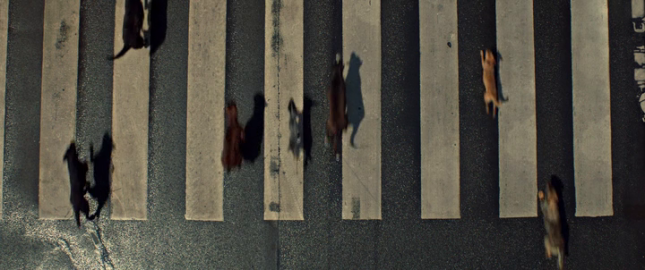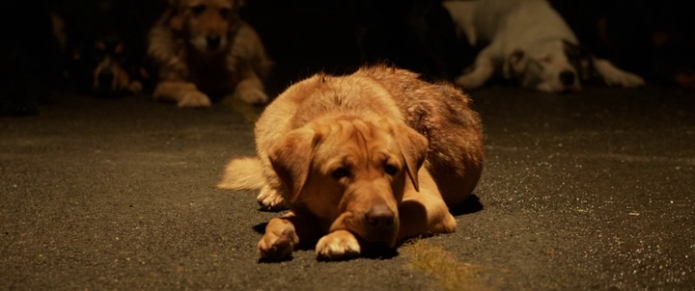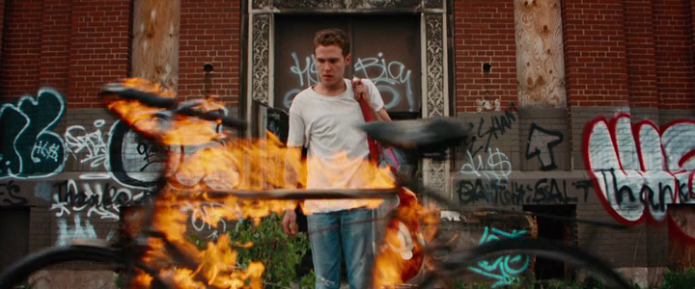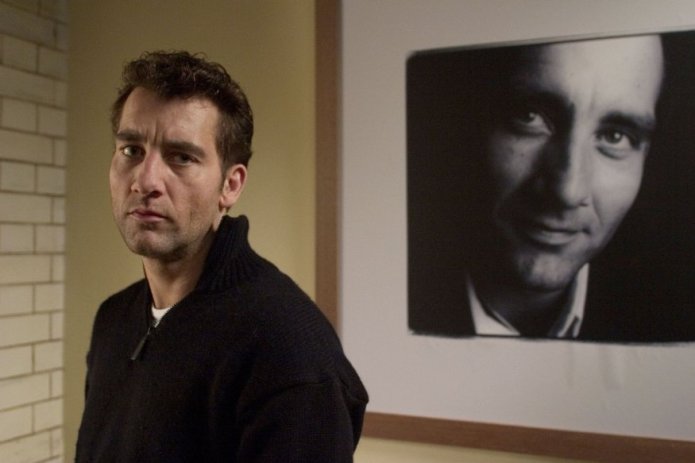Actors turning into film directors is nothing new, nor particularly remarkable. However, something seemed peculiar about Ryan Gosling taking control of the camera (and the pen since he also wrote the screenplay). Gosling is a bit of a wild-card as an actor. He definitely has a presence on screen, but one that gains actual substance when channeling an inner, speechless anger. Refn’s Drive might be the most obvious example (along with the misstep that was his Only God Forgives), as well as Derek Cianfrance The Place Beyond the Pines. But even in the fantastically underrated Blue Valentine, from the same director, a powerful, angry, frustration seems to emanate from his physical presence. And yet, somehow when the guy speaks, that effect seems to be lost, his voice unnecessarily languid or gritty, unsubtly ruining what his eyes and body posture had been setting up all along. Hence my curiosity: upon finding his “voice” as a director, which side of Gosling would we be seeing?
Continue reading →




